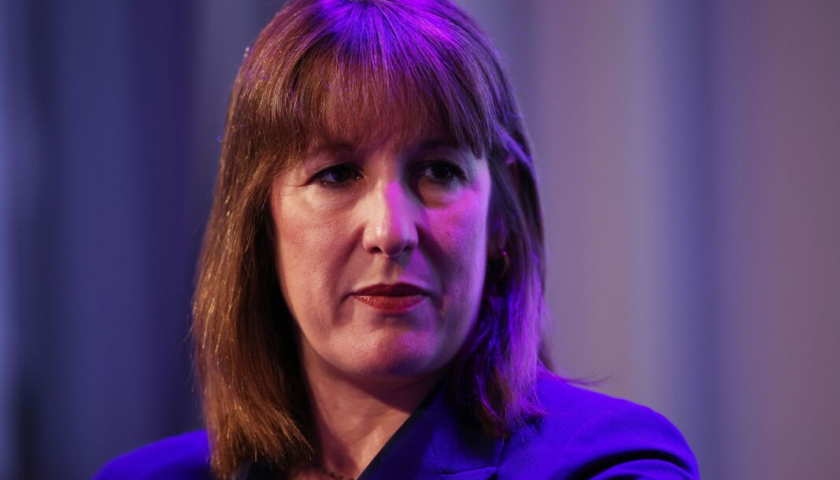A government official has said that the long-awaited implementation dates for specific measures the Renters Rights Bill won’t be released until the legislation formally becomes law.
The National Residential Landlords Association and other industry voices have long asked for specific timelines for different proposals, to allow landlords and letting agents to plan accordingly.
But Guy Horsington, deputy director of the private rented sector at the Ministry of Housing, Communities and Local Government, has told an NRLA podcast that details of transition arrangements and timelines will only be released once the Bill receives Royal Assent and becomes law.
He also said the government will take into account how much time they believe the sector will need in order to adjust.
“Such uncertainty does leave both landlords and the wider PRS in limbo” says the NRLA. “With the Renters Rights Bill bringing about the biggest change in private renting in decades, we have been clear that the government needs to announce its implementation timeline as soon as possible. We are calling for a six-month minimum lead-in period between the confirmation of the detail and measures coming into force.”
Earlier this month Housing Minister Matthew Pennycook promised a “smooth transition” to introduce the Renters Rights Bill.
He told MPs that following Royal Assent – now expected in the second half of October – the government will allow for a “smooth transition to the new system.”
He said: “We will support tenants, landlords and agents to understand and adjust to the new rules. We want to make that change as smoothly and efficiently as possible, and to introduce the new tenancies for the private rented sector in one stage.”
That means that once a date is confirmed, the new tenancy system will apply to all private tenancies.
Pennycook added: “Existing tenancies will convert to the new system and any new tenancies signed on or after the date will be governed by the new rules. We will work closely with all parts of the sector to ensure a smooth transition and we will provide sufficient notice ahead of implementation.”
Other elements of the Bill may take far longer to introduce in practice.
The mandatory database of all residential landlords and private rented accommodation, for example, won’t be brought in until extra regulations are made, and how it will work in practice or when it will be introduced is not yet known.
Likewise with the creation of a Private Rental Sector Ombudsman, which involves a landlord registering before a property can be listed on the rental market – it’s not yet clear when the redress scheme might be introduced, as the government will need to introduce additional regulations.
Contact one of our highly experienced mortgage advisors today on 0121 500 6316 to discuss your mortgage needs.



